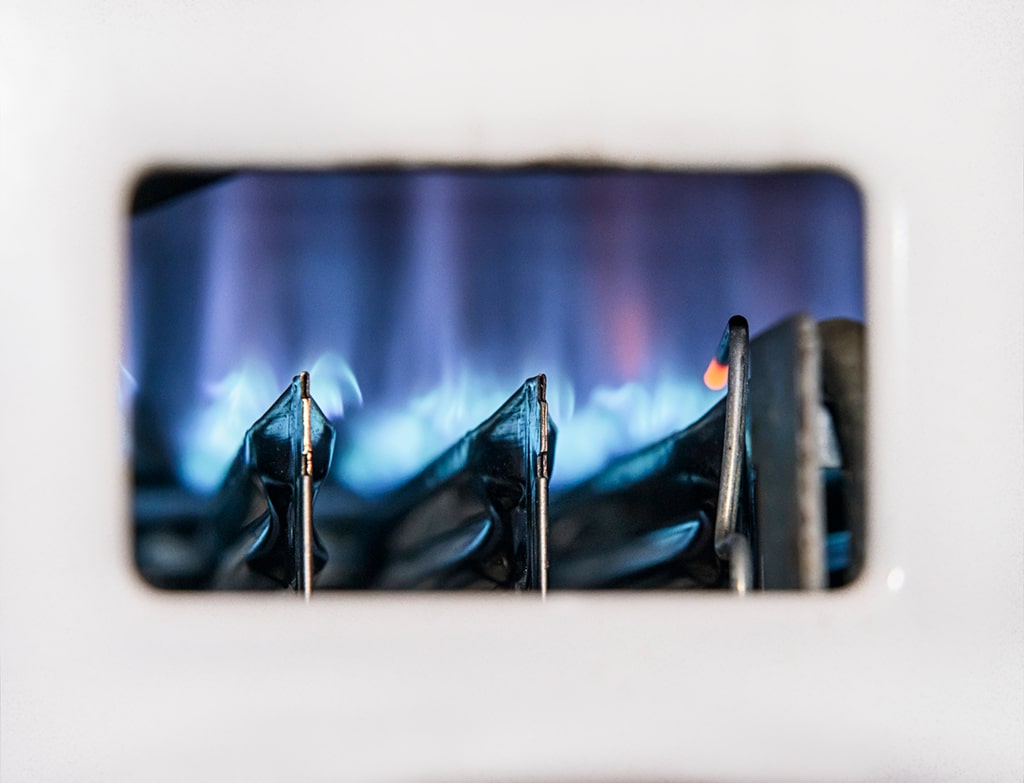
The Punctual Plumber’s Guide To Water Heater Replacement | Myrtle Beach, SC
Your water heater is an essential part of your daily life, from providing you with a relaxing hot shower every morning to washing your dishes and clothes. But like any mechanical device, it’ll eventually break down and need to be replaced. Water heater replacement is a significant investment that requires qualified professionals to do the work.
Benjamin Franklin Plumbing of Myrtle Beach has been providing water heater replacement services to the residents of Myrtle Beach, SC, for many years. We’re a licensed, bonded, and insured company with a team of highly trained plumbing professionals ready to help you with your water heater replacement needs.
Signs You Need Water Heater Repair or Replacement
If you pay attention to your water heater, you’ll probably be able to tell when it needs to be repaired or replaced. Here are some signs that you may need water heater repair:
- Your water heater is making strange noises
- Water is leaking from your water heater
- Water doesn’t get hot as it should
- It takes longer than usual for your tank to fill
- The water temperature is not consistent
- Water is dirty or brownish
- The water heater pilot light is out
- Smelly gas somewhere around your water heater
- Not enough hot water (or no hot water at all)
When to Consider Water Heater Replacement
Water heaters last for about 8-12 years, so if yours is approaching the end of its life, you should consider a replacement.
Other factors that may contribute to the need for water heater replacement include:
- You’re struggling with serious repair issues
- Your energy bills have increased significantly
- If you need a smaller unit or are looking to go tankless
- You’re considering selling your home
- Your old system is insufficient for your needs
Choosing the Right Water Heater for You
Water heaters come in various types, sizes, and fuel sources. When you’re ready to replace your old water heater, you should consider the following:
- The size of your home
- The number of people in your household
- Your hot water needs (e.g., how many showers you take per day)
- The climate in your area
- Your budget
- Your energy-saving preferences
How Water Heater Replacement Works
The process of installing a water heater is straightforward. First, a technician will come to your home to disconnect the old water heater and drain the tank. They’ll then remove the old unit and dispose of it according to local regulations. After removing the old system, they’ll install the new water heater, connect it to the gas and water lines, fill the tank with water, and test the unit to ensure it’s working correctly.
Common Types of Water Heaters
While there are different types of water heaters on the market, the most common are:
Storage tank water heater: This is the most common water heater around. As the name suggests, it uses a storage tank to hold hot water and an insulated pipe to deliver the hot water to your fixtures and appliances when needed.
Tankless water heater: Unlike the conventional water heater, it doesn’t store hot water; instead, it heats water on demand, making this system much more energy-efficient. It also takes up less space than a traditional storage tank water heater because it doesn’t rely on a tank to store the hot water.
Hybrid water heater: A hybrid water heater, also known as a heat pump water heater, is a cross between a storage tank water heater and a tankless water heater. Hybrid water heater stores hot water in a tank, but it doesn’t constantly run. Instead, it kicks on only when the tank needs to be refilled, making it much more energy-efficient and cost-effective.
Solar water heater: Solar water heaters rely on the sun’s energy to heat water. They work by using roof-mounted panels to collect solar energy that is then transferred to a storage tank. Solar water heaters are an excellent choice for reducing carbon footprint and saving energy costs.
Condensing Water Heater: Condensing water heaters are similar to storage tank water heaters, but they’re much more efficient. They have a secondary heat exchanger that captures the heat from the exhaust gasses and uses it to preheat the cold water that’s entering the unit. That makes the condensing water heater about 90% energy-efficient, which translates into significant savings on your utility bill.
Benefits of Water Heater Replacement
There are many benefits of replacing your old water heater, such as:
Improved energy efficiency: Water heater technology has come a long way in recent years, and today’s units are much more energy-efficient than older models. You can save money on your energy bill each month by replacing your old water heater with a new, more efficient model.
Better hot water: A new water heater will also provide better hot water than an older model. Today’s units are better at holding a consistent temperature and delivering hot water on demand.
Longer lifespan: With proper maintenance, a new water heater can last 10-15 years. That is much longer than the lifespan of an older water heater, which typically lasts for about 5-10 years.
Myrtle Beach Water Heater Replacement and Repair Experts
If you’re looking for a water heater replacement or repair expert in Myrtle Beach, SC look no further than Benjamin Franklin Plumbing of Myrtle Beach. We are a team of licensed and insured professionals with more than 20 years of experience in the industry. We offer a wide range of water heater services, including installation, repair, and maintenance. Some qualities that set us apart include the following:
- Offer same-day service delivery
- Provide free estimate
- Honest and reliable technicians to serve you
- Guarantee 100% customer satisfaction
- Offer 24/7 emergency services
- No hidden costs
For more information about the services Benjamin Franklin Plumbing of Myrtle Beach offers, call our office in Myrtle Beach, SC, at 843-894-0905, and we’ll be happy to answer any of your questions.

 843.582.0670
843.582.0670